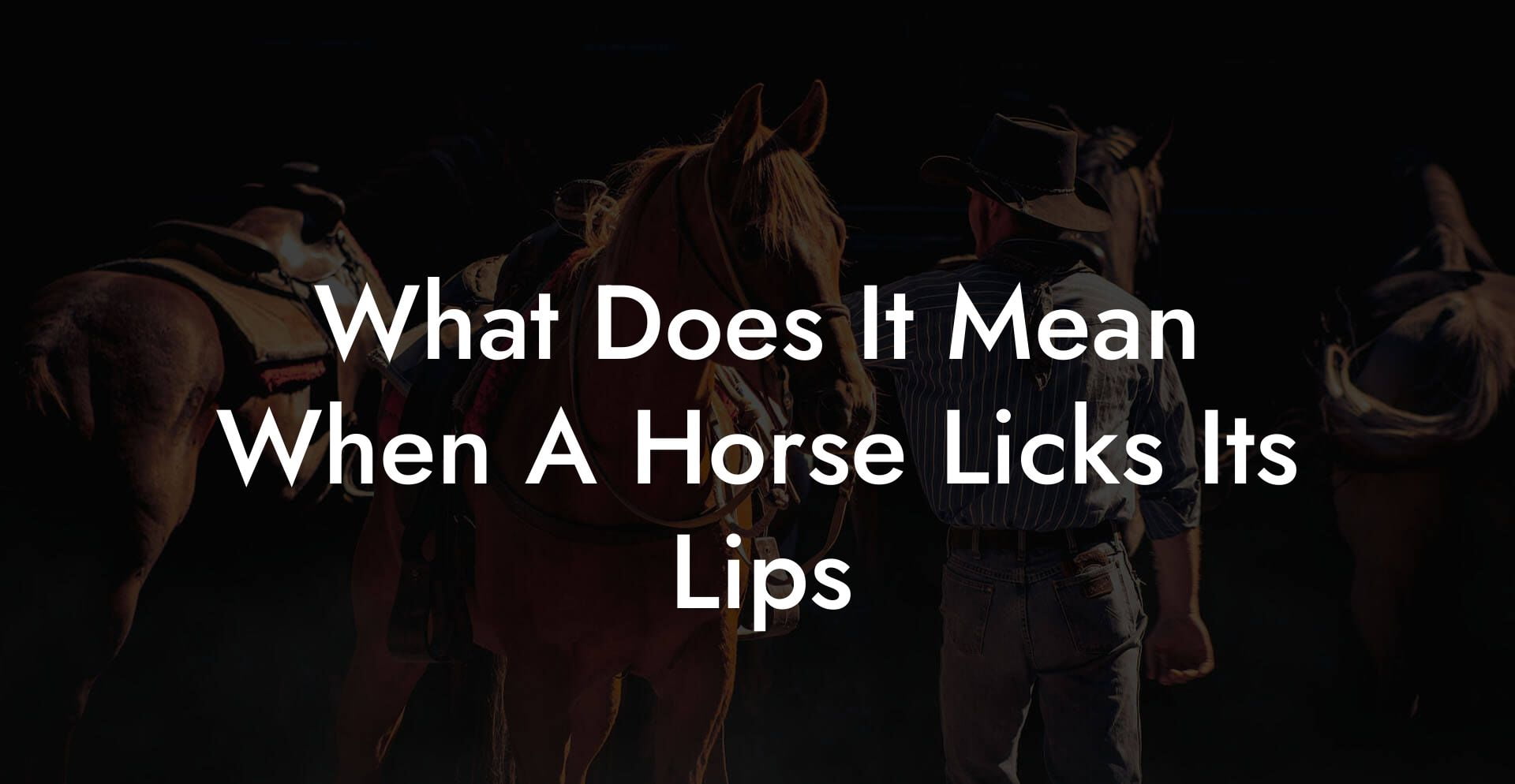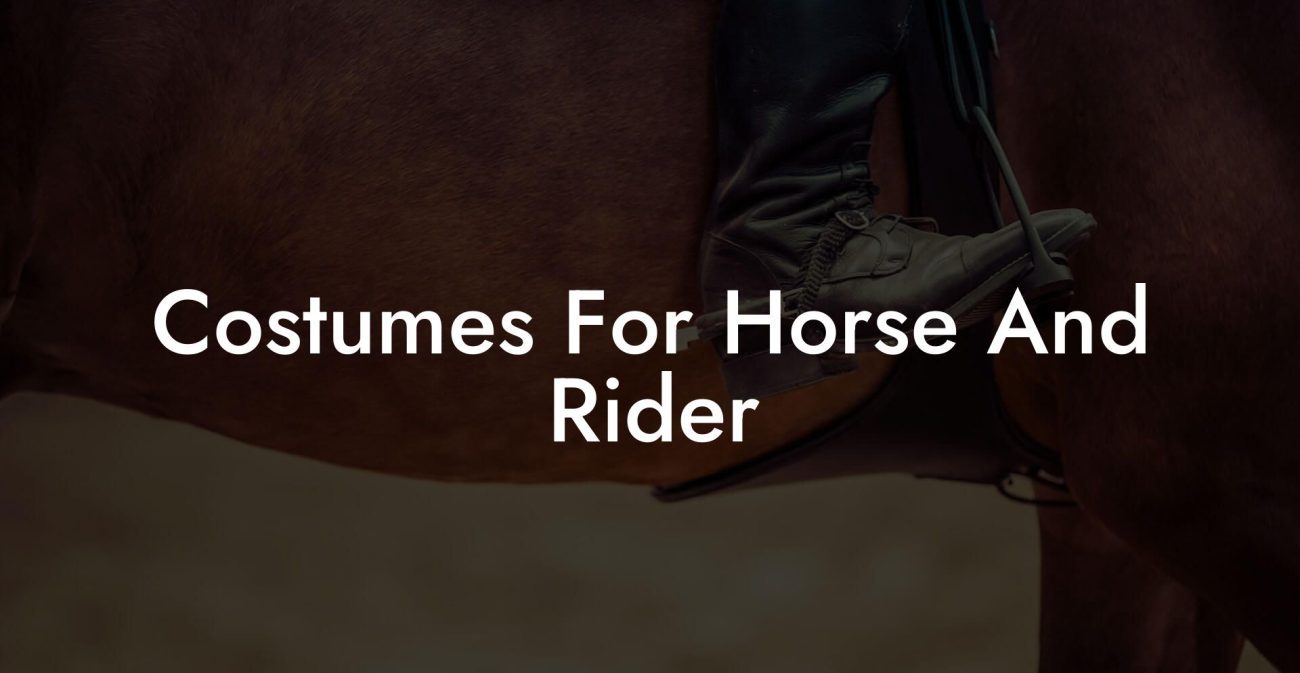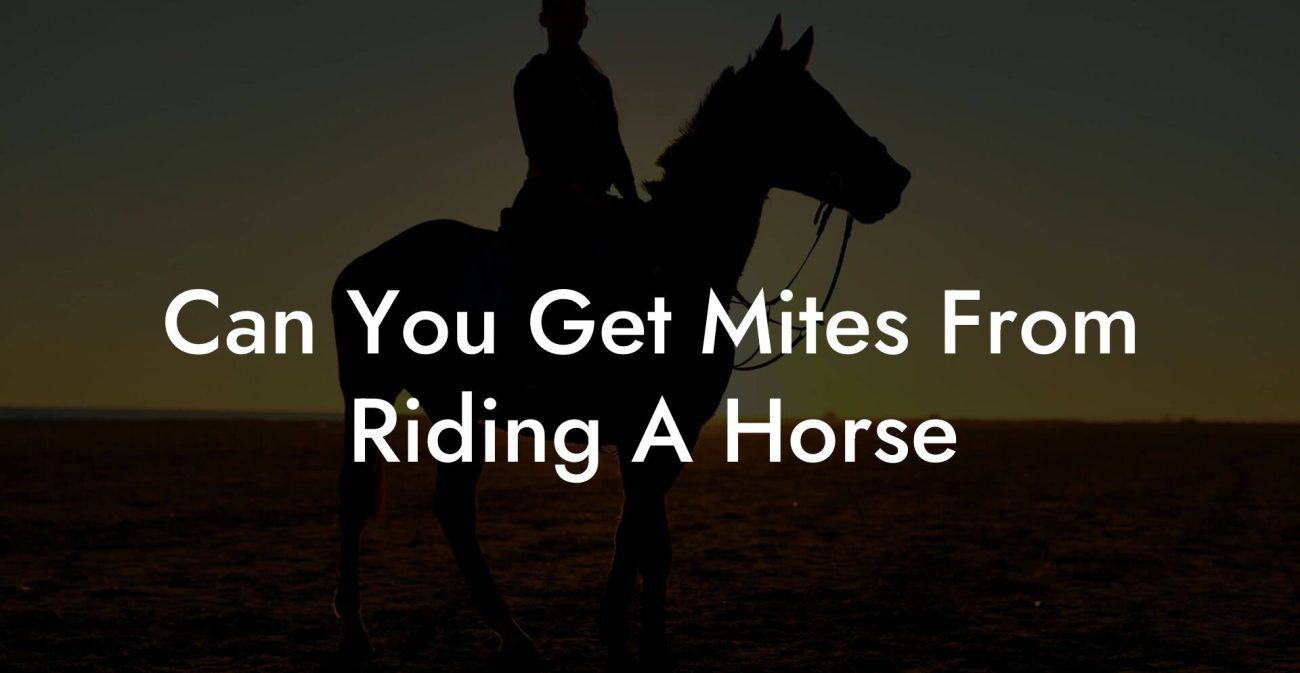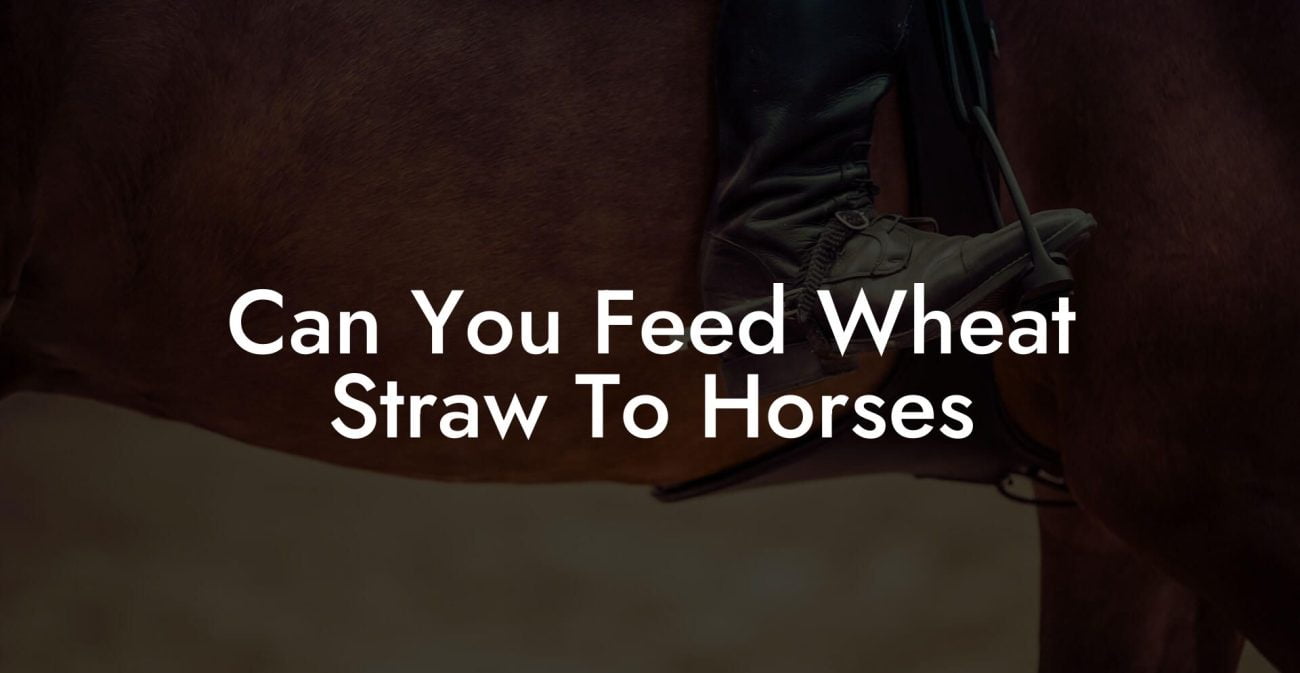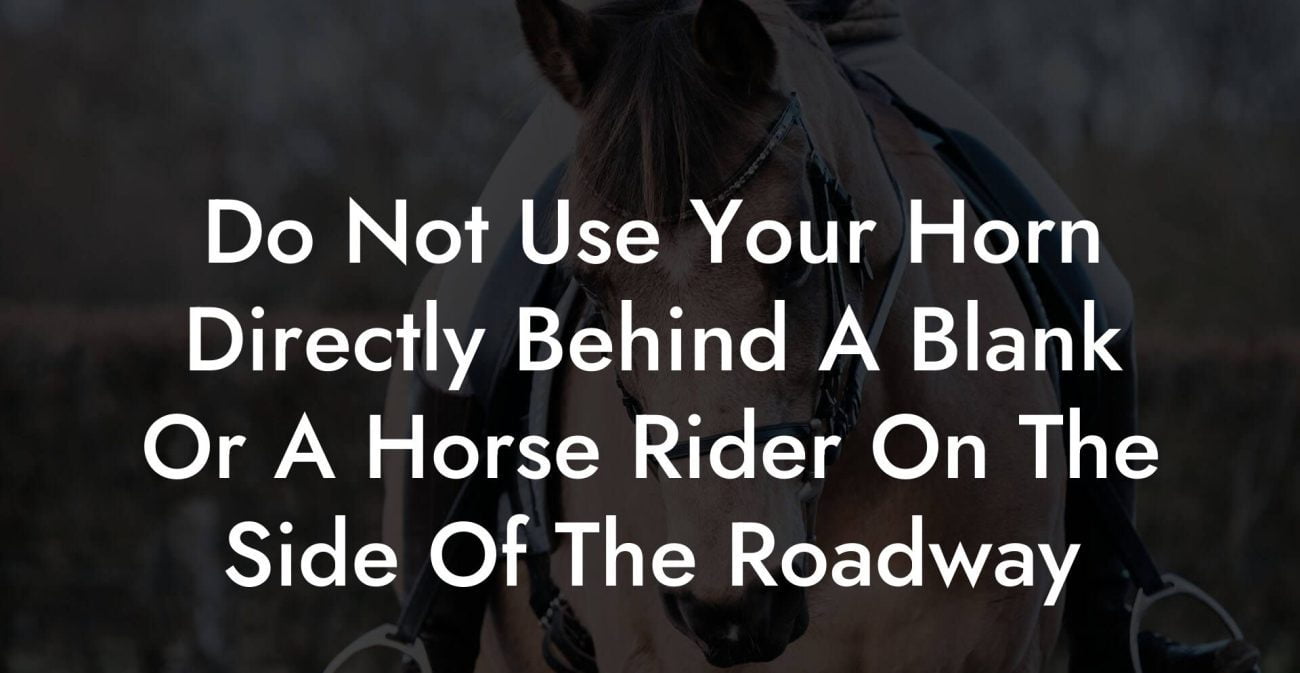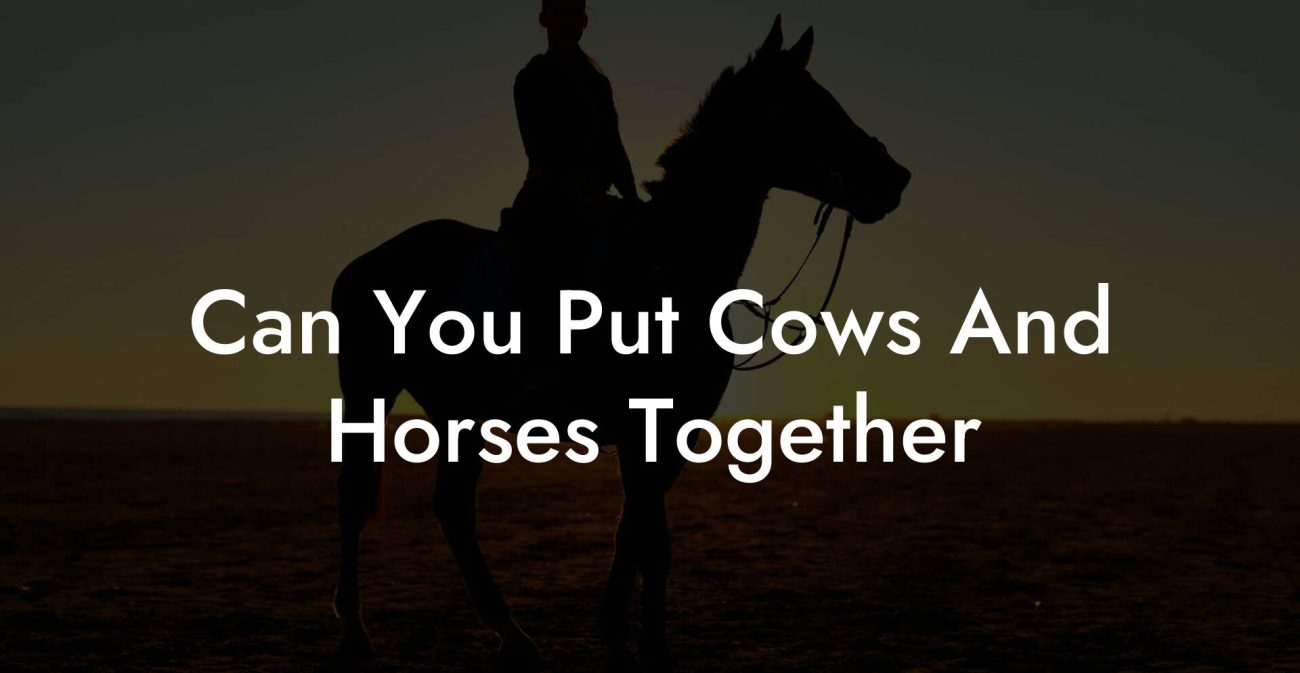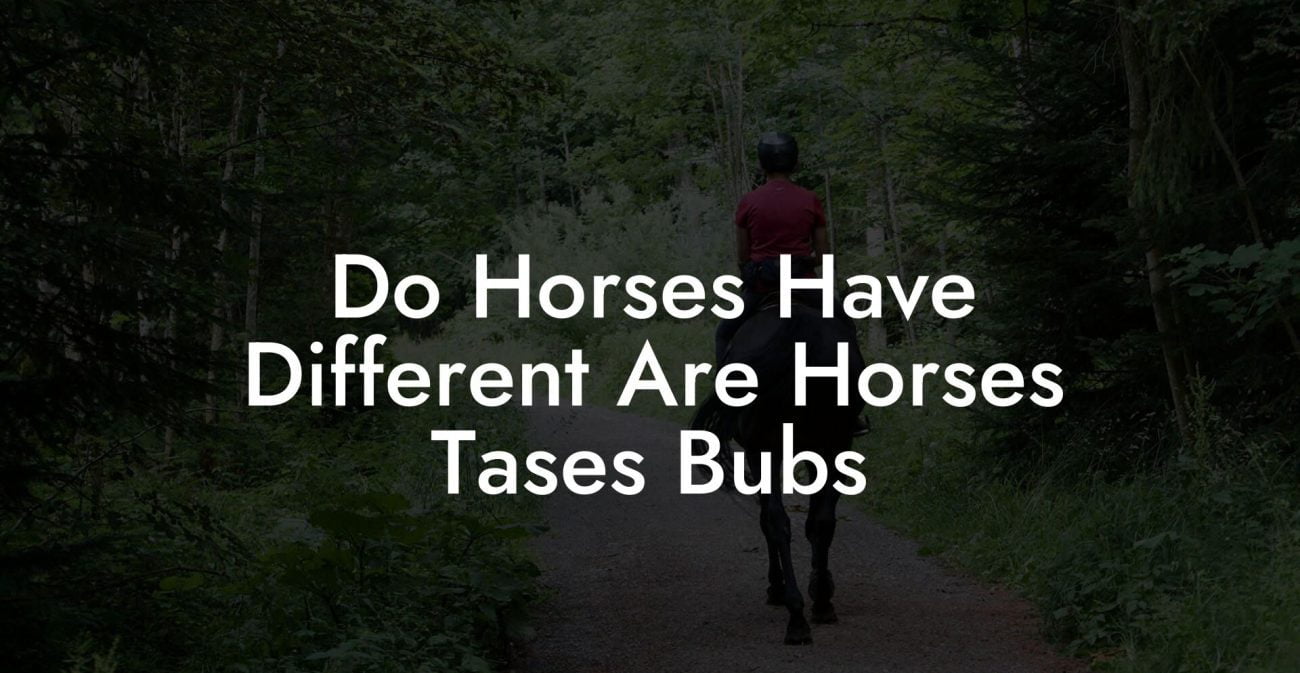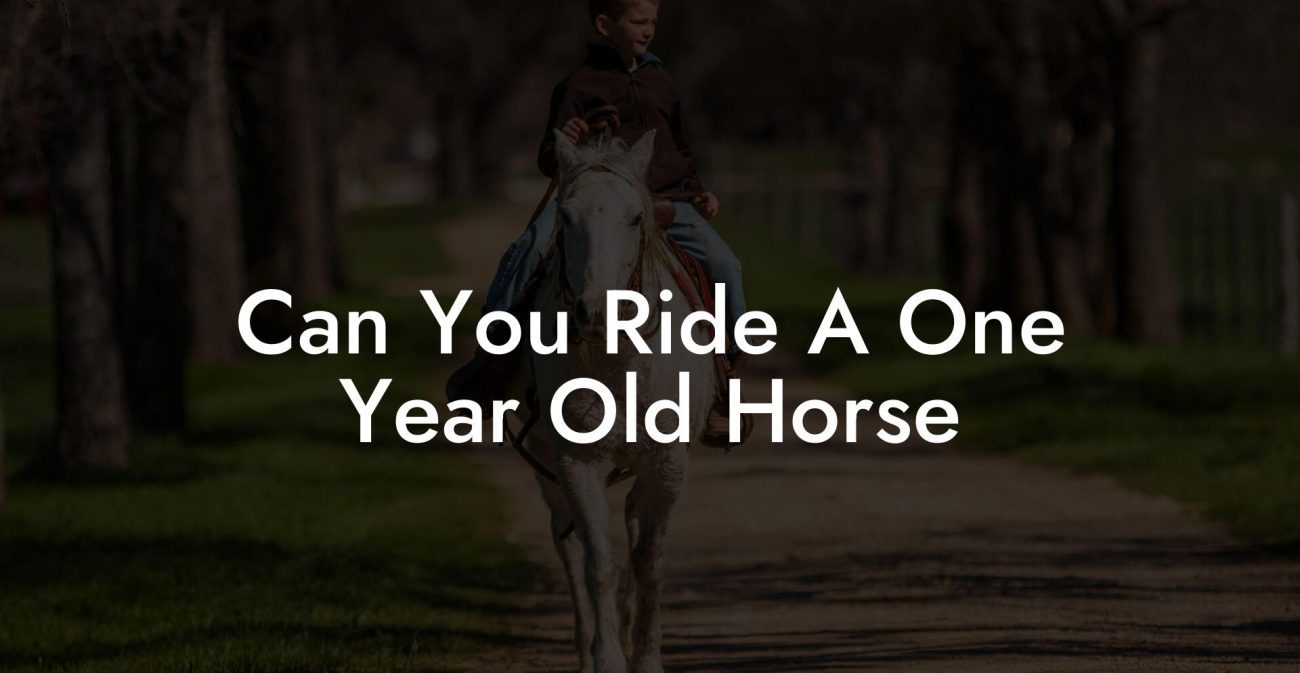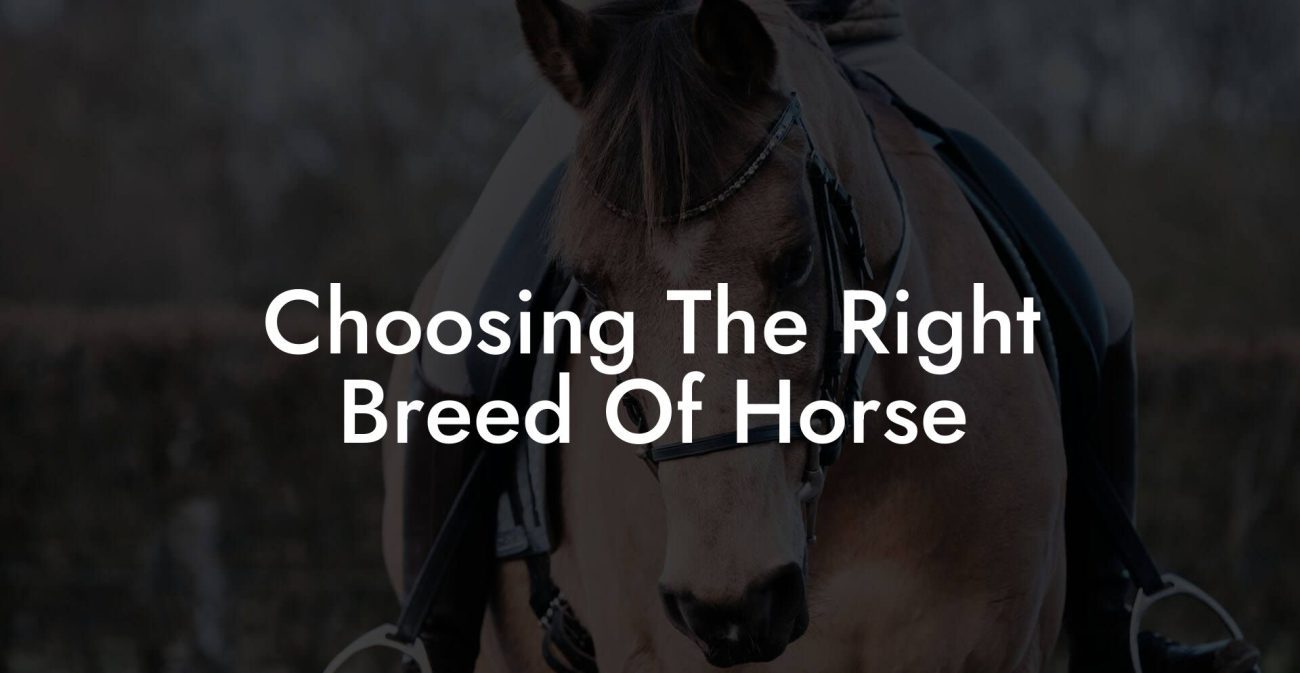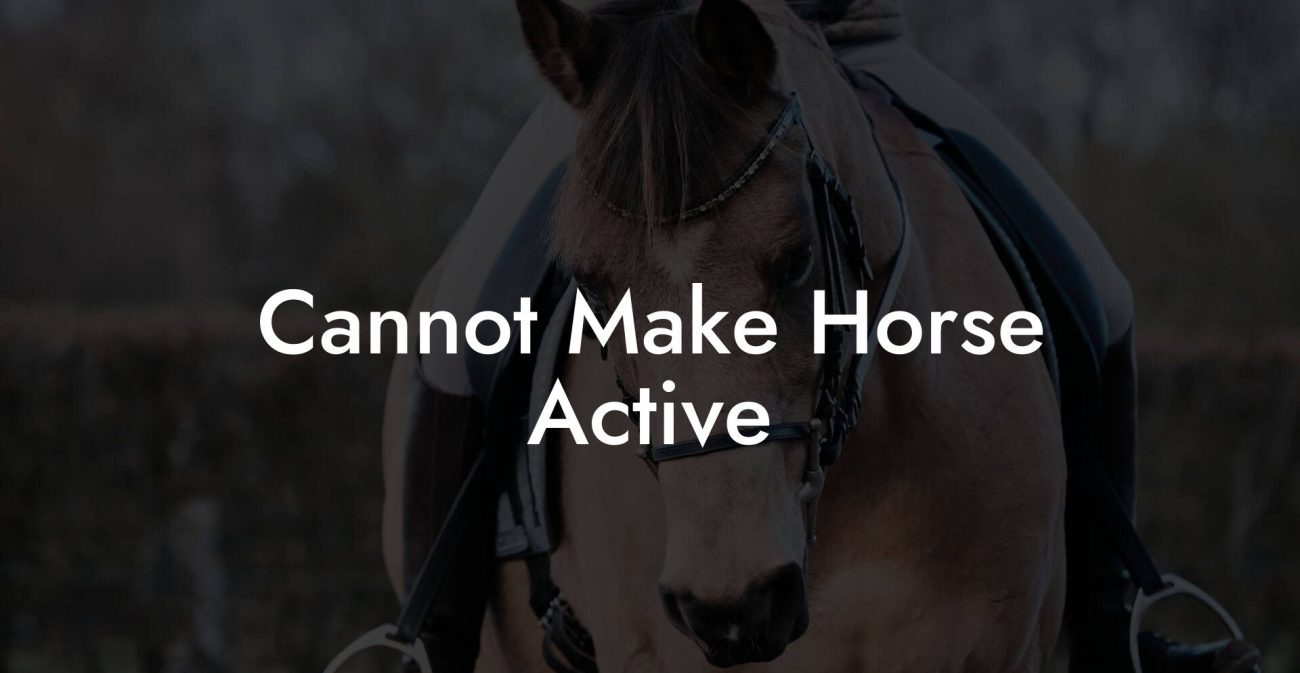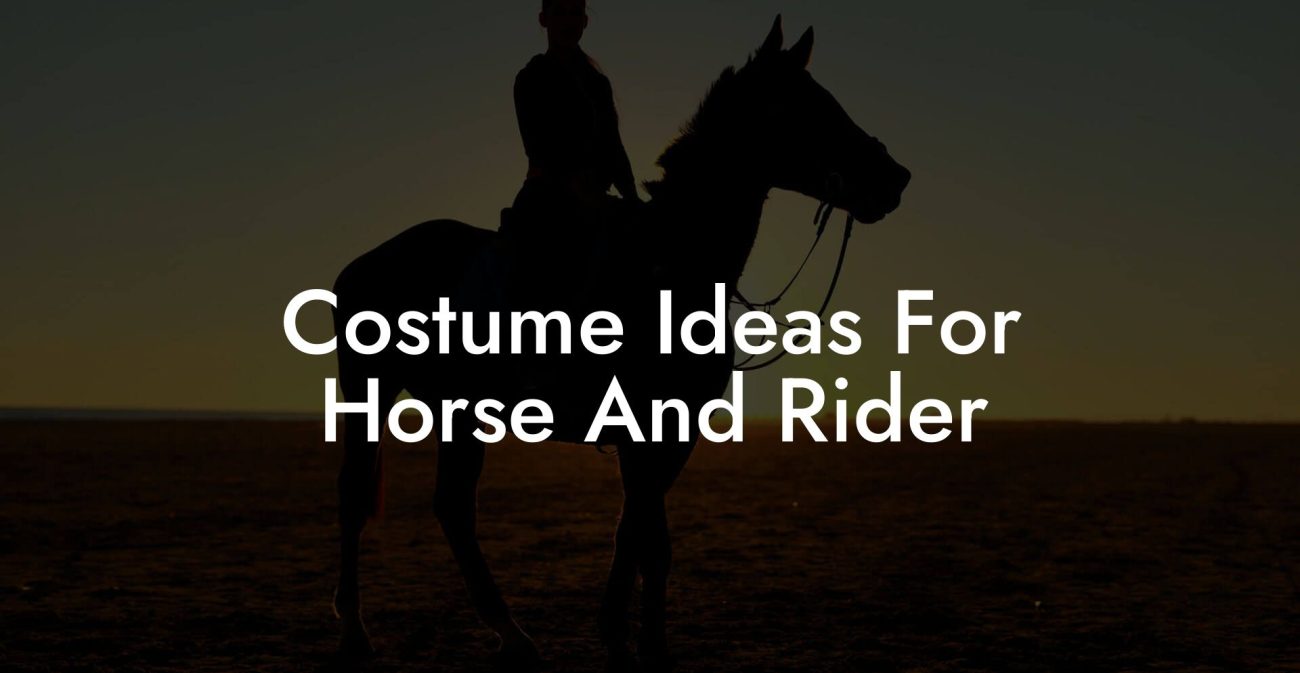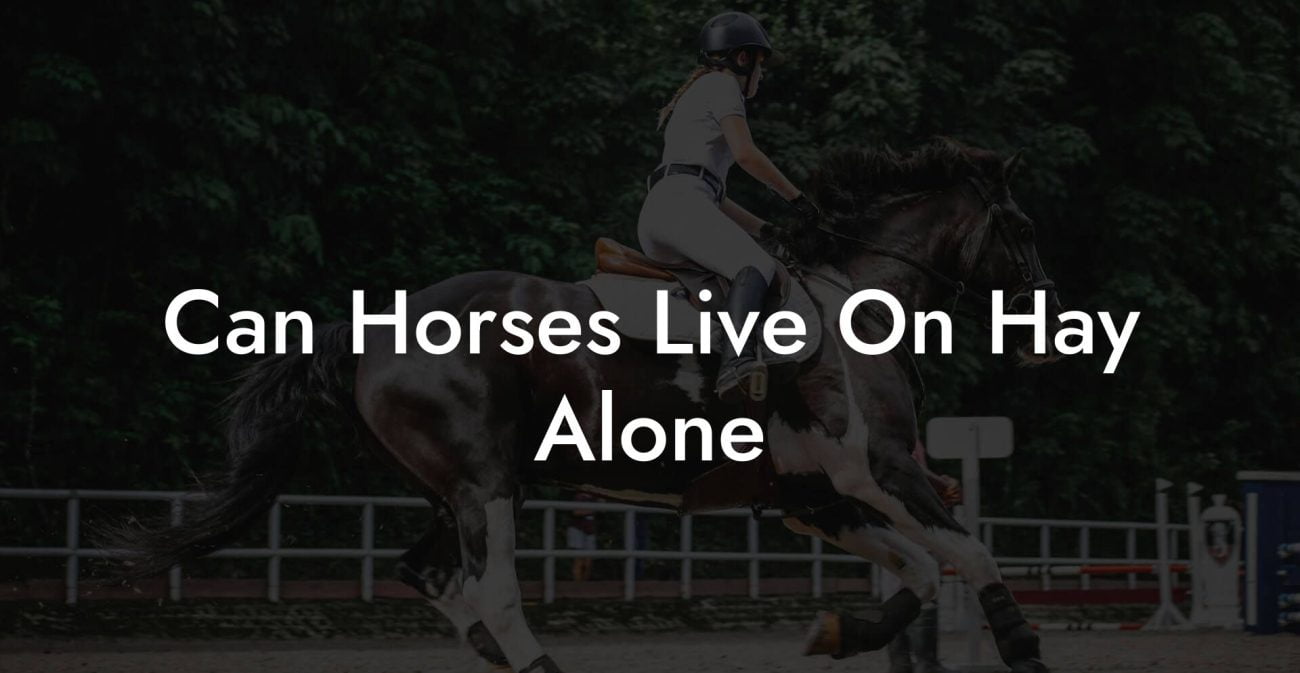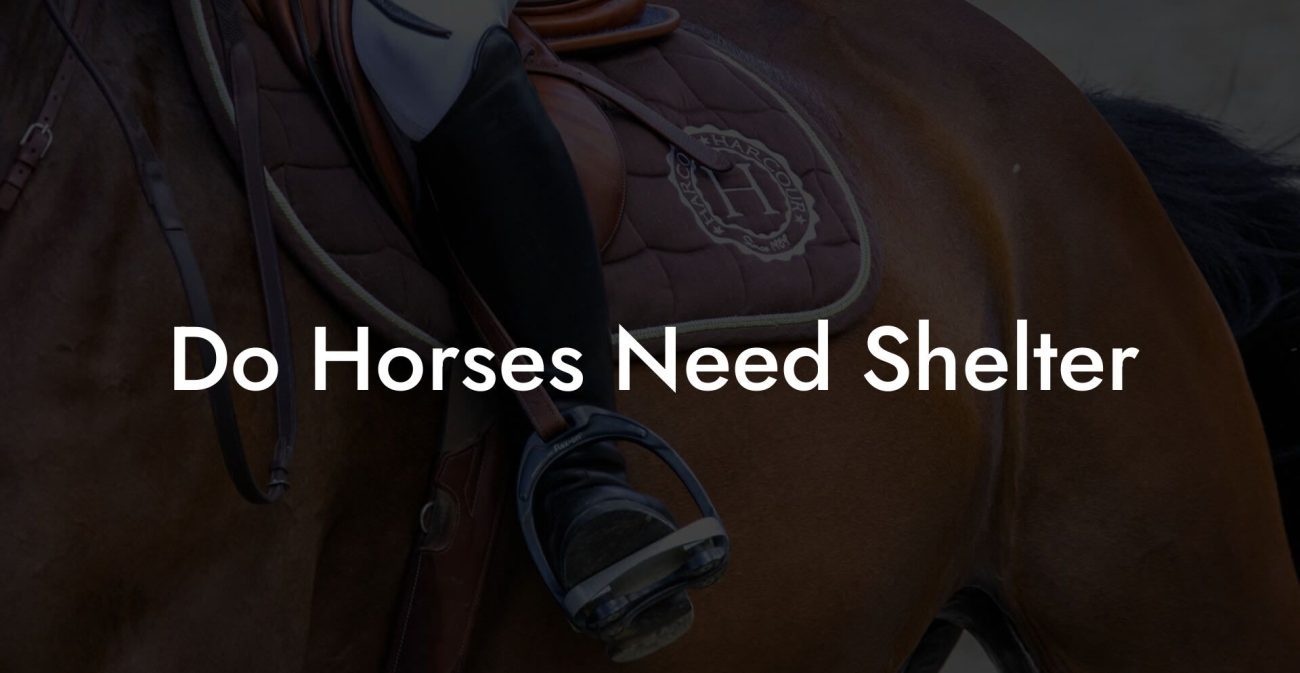There’s something undeniably quirky, and even a bit revealing, about the way horses communicate. That twitch of a lip, that sudden lick, might seem trivial at first glance, but in the equine world, a horse licking its lips can speak volumes. Whether your steed is anticipating a treat, signaling stress, or simply engaging in natural grooming behavior, understanding this gesture is key to becoming a better horse whisperer. Pull up a hay bale and settle in as we dive deep into the fascinating world of equine body language, exploring what it truly means when a horse licks its lips.
Quick Links to Useful Sections
- Understanding Equine Behavior: The Language of the Lips
- The Science Behind Lip Licking: What’s Really Going On?
- Common Scenarios & Reasons: When Horses Lick Their Lips
- Anticipation for Feeding Time
- Grooming and Natural Maintenance
- Stress and Anxiety Signals
- Dental Discomfort or Oral Issues
- Environmental Factors
- Interpreting Lip Licking Behavior: A Guide for the Modern Equestrian
- Practical Tips for Equestrian Care: Nurturing Your Horse’s Comfort and health
- Ensure Consistent Hydration
- Maintain a Nutrient-Rich Diet
- Regular Dental Check-Ups
- Monitor and Manage Stress
- Provide a Clean, Comfortable Environment
- Holistic Equine Care: A Way of Life for the Modern Horse Lover
- Equine Behavioral Case Studies: Real Stories from the Stable
- Case Study 1: Bella and the Breakfast Buzz
- Case Study 2: Rocky’s Stress Signals in a New Environment
- Case Study 3: Daisy’s Dental Dilemma
- Crafting Your Personalized Equine Care Plan
- Step 1: Perform a Comprehensive Health Assessment
- Step 2: Set Clear and Achievable Objectives
- Step 3: Integrate Conventional and Holistic Strategies
- Step 4: Develop a Consistent Daily Routine
- Step 5: Monitor, Evaluate, and Adjust
- Equine Care Resources and Community Support: Your Next Steps in Equine Wellness
- Equine Behavior FAQs: Your Questions Answered
- Your Journey to Mastering Equine Communication and Care
Understanding Equine Behavior: The Language of the Lips
Horses have been our loyal companions for millennia, yet despite all our advances, their body language can sometimes be as mysterious and nuanced as a secret meme circulating through Gen-Z feeds. When a horse licks its lips, it's engaging in a behavior that, while common, can indicate a wide range of emotions and states, from calm anticipation to subtle anxiety. By decoding these signals, you not only get a peek into your horse’s mood but also gain valuable insights into how to care for, and connect with, your equine pal.
In the equine lexicon, lip licking is more than just a random act. It’s a multi-functional behavior that can signal excitement, mild stress, or even serve as a precursor to feeding. Horses, unlike humans, can’t just say “I’m hungry” or “I’m a bit off today”; instead, they rely on a rich tapestry of body language that includes ear positioning, tail movement, and, yes, a well-timed lick of the lips.
For the modern equestrian, especially those of us in the millennial and Gen-Z brackets, this isn’t just about animal behavior; it’s about forging a deeper bond with a creature that has shared our lives, adventures, and more than a few Insta-worthy moments in the saddle.
The Science Behind Lip Licking: What’s Really Going On?
Let’s get scientific (but don’t worry, we’ll keep it approachable). When a horse licks its lips, it’s primarily about moisture regulation and preparation. Horses produce saliva for a variety of digestive and protective reasons, and a flick of the tongue can be an instinctive way to keep those sensitive lip corners hydrated. But that’s just the tip of the proverbial haystack!
Researchers in equine behavior have found that lip licking is closely tied to both physiological and emotional states. For instance, a horse might lick its lips more frequently when anticipating food, a bit like us scrolling through our favorite food blogs before a meal. Conversely, an increase in lip licking can also signal nervousness or mild stress. Consider it nature’s own subtle mood ring, only instead of colors, it’s a well-timed lick.
The compound signals from this action include:
- Salivation Control: Just as our smartphones need charging, a horse’s mouth needs moisture for optimal function. Lip licking can simply be a way to keep the mouth in peak condition for chewing and digesting their fibrous diet.
- Anticipation of Feeding: When a horse sees you reaching for the feed bucket, a quick lip lick might mean, “Hey, I’m ready for my snack!”
- Subtle Stress Indicator: In unfamiliar or mildly stressful situations, such as a new environment or unexpected noises, a horse might lick its lips as a stress management tool. It’s a bit like biting your nails before a big presentation.
By combining observations of lip licking with other signs, such as ear positioning, head carriage, and overall posture, you can form a more accurate reading of your horse’s emotional blueprints.
Common Scenarios & Reasons: When Horses Lick Their Lips
Not every lip lick is a cause for alarm; in fact, it’s often just a piece of everyday equine etiquette. Let’s break down some of the most common scenarios:
Anticipation for Feeding Time
Picture this: It’s early morning in the stable and your horse catches sight of the feed bucket. With a glint of excitement in its eyes, it starts licking its lips, a behavior reminiscent of that feeling you get when you’re waiting for your latte during a busy Monday. In this case, the lip lick is a direct signal of anticipation and hunger.
Grooming and Natural Maintenance
Just like you might freshen up before a night out, horses often lick their lips as part of their grooming routine. This behavior helps maintain moisture around the mouth area, keeping it supple and less prone to irritation, especially if they’ve been munching on crisp, rough hay.
Stress and Anxiety Signals
When horses are in unfamiliar settings, say, the first day at a new boarding facility, or during moments of heightened activity, lip licking can serve as a self-soothing action. Think of it as a tiny, unconscious coping mechanism to help deal with mild anxiety or nervousness.
Dental Discomfort or Oral Issues
Sometimes, excessive lip licking may be a red flag for dental discomfort. Horses can develop issues such as tooth decay or gum irritation, and licking can be a way for them to soothe the discomfort. If you notice your horse licking its lips incessantly alongside other signs of distress (like head tossing or reluctance to eat), it might be time for a dental check-up.
Environmental Factors
Believe it or not, weather and environmental conditions can also play a role. Dry, dusty conditions might prompt your horse to lick its lips more often, simply to keep them moist and free of debris.
Understanding these scenarios can help you gauge when a lip lick is just a normal, everyday behavior versus when it might be a cry for help from your four-legged friend.
Interpreting Lip Licking Behavior: A Guide for the Modern Equestrian
With so many factors in play, how can you tell when a horse’s lip licking is perfectly normal and when it might indicate an underlying issue? Here are some practical tips and clues to help you navigate this equine enigma:
- Observe the Context: Is your horse near the feed area or a familiar caretaker? If yes, lip licking likely signals hunger or excitement. If it occurs during a noisy event or in a strange environment, it might suggest mild stress.
- Check for Additional Signs: Complementary body language such as pinned ears, tense muscles, or a lowered head can support your interpretation. If your horse’s overall demeanor is relaxed, the lip licking is probably routine.
- Monitor Frequency: An occasional lip lick is usually nothing to worry about. However, if you notice persistent or repetitive lip licking, it might be time to consult with a veterinarian for a closer look.
- Consider the Environment: Dry air, dust, or unfamiliar surroundings can trigger temporary increases in lip licking. Sometimes the solution is as simple as improving the stable environment or providing more hydration.
For modern equestrians who love keeping up with the latest in animal behavior science (and let’s be honest, who doesn’t?), these observational skills can be as essential as knowing the perfect Instagram filter for your horse photos.
Practical Tips for Equestrian Care: Nurturing Your Horse’s Comfort and health
Caring for a horse isn’t just about daily feedings and rides, it’s about understanding and responding to their subtle cues. When you notice your horse licking its lips, here’s how you can ensure that this behavior remains part of normal, healthy communication.
Ensure Consistent Hydration
Just as we need water to keep our skin supple during a long study session or night out, horses require ample hydration to maintain proper oral moisture. Keep fresh, clean water available at all times, and consider adding electrolytes during hot weather or intense exercise sessions.
Maintain a Nutrient-Rich Diet
A balanced diet goes a long way toward preventing dental issues and ensuring overall health. High-quality hay, pasture, and formulated feed all contribute to good oral health. If your horse is prone to excessive lip licking possibly due to dental discomfort, evaluating the diet with the help of an equine nutritionist can be an eye-opening, and palate-pleasing, experience.
Regular Dental Check-Ups
Dental health is a cornerstone of equine care. Just like you wouldn’t skip your bi-annual dentist appointment, schedule regular check-ups with an equine dentist. These visits help catch early signs of decay or dental misalignment, ensuring that your horse’s mouth stays as healthy as its social media presence.
Monitor and Manage Stress
Modern life isn’t just hectic for us, horses experience stress too, whether from changes in routine, unfamiliar environments, or even weather extremes. Incorporate calming routines into your horse’s day, such as gentle grooming sessions, ample turnout time, and a predictable schedule. Creating a stress-free environment can reduce behaviors like excessive lip licking that stem from anxiety.
Provide a Clean, Comfortable Environment
Cleanliness in the stable isn’t just about aesthetics, it’s about your horse’s well-being. Removing dust, ensuring proper ventilation, and maintaining a clean living area not only make the stable Instagram-worthy, but also minimize external irritants that might prompt your horse to lick its lips excessively.
By integrating these care strategies into your daily routine, you’re not just managing a quirky behavior, you’re actively enhancing your horse’s quality of life.
Holistic Equine Care: A Way of Life for the Modern Horse Lover
In today’s fast-paced world, embracing a holistic approach to equine care is about more than managing symptoms, it’s a lifestyle shift that echoes modern trends in self-care, mindfulness, and sustainable living. For the millennial and Gen-Z horse enthusiasts out there, integrating holistic practices into everyday stable life can transform routine care into a deeper, more connected journey.
Consider blending conventional practices with innovative self-care techniques. From mindfulness exercises during grooming sessions to incorporating essential oils for natural calming effects in the stable, a holistic approach makes every interaction with your horse more meaningful. The act of lip licking, once perhaps overlooked, becomes just one part of a broader dialogue between you and your equine friend, a dialogue informed by careful observation, love, and modern knowledge.
Embrace technology as well; there are plenty of smart stable gadgets available now that let you monitor your horse’s health indicators in real time. Apps for tracking feeding schedules, hydration, and even behavioral cues can keep you in tune with your horse’s needs, making sure that every subtle lip lick is interpreted correctly.
Equine Behavioral Case Studies: Real Stories from the Stable
Sometimes the best way to understand a behavior is through real-life examples. Let’s explore a few case studies where noticing and interpreting a simple lip lick led to major breakthroughs in equine care.
Case Study 1: Bella and the Breakfast Buzz
Bella, a spirited mare known for her energetic morning trots, began exhibiting an increase in lip licking as soon as her caretaker approached the hay wagon. Initially dismissed as mere anticipation for her morning meal, further observation revealed that Bella’s lip licking was accompanied by excited ear movements and a quickening pulse. Recognizing these as signs of genuine hunger rather than distress, her owner adjusted the feeding schedule to ensure Bella had more frequent, smaller meals. The result? A happier, more balanced Bella whose behavior remained consistently normal throughout the day.
Case Study 2: Rocky’s Stress Signals in a New Environment
Rocky, a once calm and collected stallion, began to exhibit constant lip licking after being introduced to a new pasture surrounded by unfamiliar sights and sounds. At first, his behavior was puzzling; however, by analyzing his body language as a whole, tucked ears, skittish steps, and persistent licking, it became clear that Rocky was experiencing mild anxiety. His caretaker introduced a gradual acclimation process with prolonged turnout time and the company of a familiar companion. Over time, Rocky’s lip kissing habit diminished, affirming that his initial behavior was a natural stress response.
Case Study 3: Daisy’s Dental Dilemma
Daisy, a gentle mare with a penchant for playful antics, started licking her lips almost obsessively. While this could have been interpreted as anticipation of food, close observation revealed that she was also reluctant to chew properly. Her veterinarian recommended a dental check-up, which uncovered minor dental irregularities. After a brief period of dental correction and a new dietary regimen focusing on softer, more digestible feeds, Daisy’s excessive lip licking subsided. This case emphasizes that what might seem like a simple behavior can sometimes be a red flag for underlying oral discomfort.
These case studies underscore the importance of looking beyond the surface. Every lip lick tells a story, a story that, when recognized properly, can lead to better care, a deeper bond, and a more nuanced understanding of your horse.
Crafting Your Personalized Equine Care Plan
Just as a human wellness plan is tailored to individual needs, creating an effective equine care plan requires assessing your horse’s unique behaviors, including those subtle lip licks. Here’s a step-by-step approach to developing a plan that ensures your horse feels secure, healthy, and understood:
Step 1: Perform a Comprehensive Health Assessment
Begin by consulting with a veterinarian and an equine behaviorist to thoroughly assess your horse’s overall health. Consider aspects such as dental health, diet, hydration levels, and the current stable environment. Keeping records of behaviors like lip licking, along with accompanying body language, can offer critical insights.
Step 2: Set Clear and Achievable Objectives
Define what you want to achieve, whether it’s reducing stress, managing hunger triggers, or ensuring optimal dental care. Goals might include establishing a steady feeding routine, scheduling regular dental check-ups, or implementing environmental improvements in the stable.
Step 3: Integrate Conventional and Holistic Strategies
Combine standard veterinary care with holistic practices. For example, while a vet can address dental issues, incorporating stress-relief techniques like soothing music in the stable or mindfulness moments during grooming can greatly improve your horse’s comfort and behavior.
Step 4: Develop a Consistent Daily Routine
Horses thrive on routine. Create a structured schedule that includes feeding times, exercise sessions, grooming, and periods for relaxation. This consistency not only minimizes stress but can also help regulate natural behaviors, like lip licking, to manageable levels.
Step 5: Monitor, Evaluate, and Adjust
Like any living being, your horse’s needs may change over time. Keep a daily log of behaviors, dietary changes, health markers, and any instances of unusual lip licking. Regularly review the plan with your care team and be prepared to tweak routines as necessary.
With a personalized care plan in place, you’re more equipped than ever to address any issues proactively, ensuring that each subtle cue, including a well-timed lip lick, is part of a larger dialogue that keeps your horse healthy and content.
Equine Care Resources and Community Support: Your Next Steps in Equine Wellness
Taking the leap toward a deeper understanding of your horse’s behavior, like deciphering a simple lip lick, can be incredibly rewarding. Beyond individual observations, joining an active community of equine enthusiasts can offer fresh insights, shared experiences, and expert advice.
Consider connecting with online forums, local equestrian clubs, or social media groups where horse care, behavior, and holistic approaches are regularly discussed. Popular sites, podcasts, and YouTube channels dedicated to equine health and behavior can provide both reassurance and innovative ideas to enhance your stable management.
Whether you’re a seasoned rider or a newcomer eager to learn, the wealth of community wisdom out there is a resource worth tapping into. By engaging with others, sharing your experiences, and staying informed on the latest equine care techniques, you’re not just caring for a horse, you’re joining a movement toward smarter, more empathetic equine wellness.
Your journey to understanding every nuance of equine behavior, from a simple lip lick to a complex emotional state, is an evolving process. Embrace the adventure, lean on community support, and remember, every bit of progress not only benefits your horse but also deepens the bond you share.
Equine Behavior FAQs: Your Questions Answered
Below are some frequently asked questions about why horses lick their lips and how to interpret this behavior, with answers that offer both insight and practical advice.
1. Why do horses lick their lips?
Horses lick their lips for several reasons, including moisture regulation, anticipation of feeding, or even as a subtle stress signal. The context in which the lip licking occurs is key to understanding its meaning.
2. Is lip licking always a sign of hunger?
Not necessarily. While lip licking is often observed when a horse anticipates food, it can also be a self-soothing behavior during stressful situations or a way to keep the mouth clean and moist.
3. When should I be concerned about my horse’s lip licking?
If lip licking is accompanied by other signs of discomfort, such as head tossing, reluctance to eat, or changes in behavior, it might warrant a closer look. Persistent, excessive lip licking could be a sign of dental issues or heightened anxiety.
4. How can I tell if the behavior is stress-related?
Look for other stress indicators like pinned ears, a tense posture, or rapid breathing. If these signs occur along with increased lip licking, your horse might be experiencing mild stress or anxiety.
5. What are some effective ways to reduce stress in horses?
Establishing a consistent routine, improving stable conditions, and engaging in calming activities such as gentle grooming or soothing music can help reduce stress. Additionally, proper social interactions with other horses can provide comfort.
6. Can changes in diet affect this behavior?
Absolutely. A nutrient-rich diet and consistent feeding schedule can minimize anxiety around meal times and help keep your horse’s oral health in check, reducing the likelihood of stress-induced lip licking.
7. Are there any technological tools that can help me monitor my horse’s behavior?
Yes, there are several smart stable gadgets and mobile apps designed to track feeding times, physical activity, and health metrics. These tools can help you notice changes in behavior early and make informed adjustments.
8. How often should I schedule veterinary and dental check-ups?
Regular veterinary examinations, at least once or twice a year, are recommended, along with annual dental check-ups. This helps ensure that any underlying issues, such as dental discomfort, are identified and treated early.
9. Is it normal for all horses to occasionally lick their lips?
Yes, occasional lip licking is a normal part of equine behavior. It becomes a potential concern only when it is persistent, excessive, or combined with other signs of distress.
10. What should I do if I suspect my horse is in pain?
If you observe any unusual or persistent behavior such as excessive lip licking along with signs of discomfort, consult your veterinarian for a thorough examination to rule out any underlying medical issues.
Your Journey to Mastering Equine Communication and Care
Understanding what it truly means when a horse licks its lips is more than just an exercise in curiosity, it’s a crucial part of building a relationship based on trust, empathy, and awareness. Each subtle gesture, every twitch of the lip, is a piece of your horse’s personal language. By tuning in to these signals, you not only unlock a new level of communication but also pave the way for better equine care that is as dynamic and individual as your horse’s personality.
In the realm of modern equestrian care, blending traditional knowledge with innovative, holistic practices ensures that every aspect of your horse’s well-being is nurtured. From optimizing their diet and environment to integrating stress-reducing routines and smart monitoring technologies, your dedication goes far beyond routine management, it creates a thriving, trusting partnership.
So as you embark on this journey, remember: every lip lick is a whisper of your horse’s inner self, a signal waiting to be understood and embraced. Celebrate these moments, learn from every gesture, and let your connection flourish into one that’s as resonant and engaging as your favorite social feed.
Here’s to a future where every horse’s little quirks become stepping stones to a richer, more rewarding equine experience, and where you become the ultimate equine care guru, one mindful lip lick at a time.

